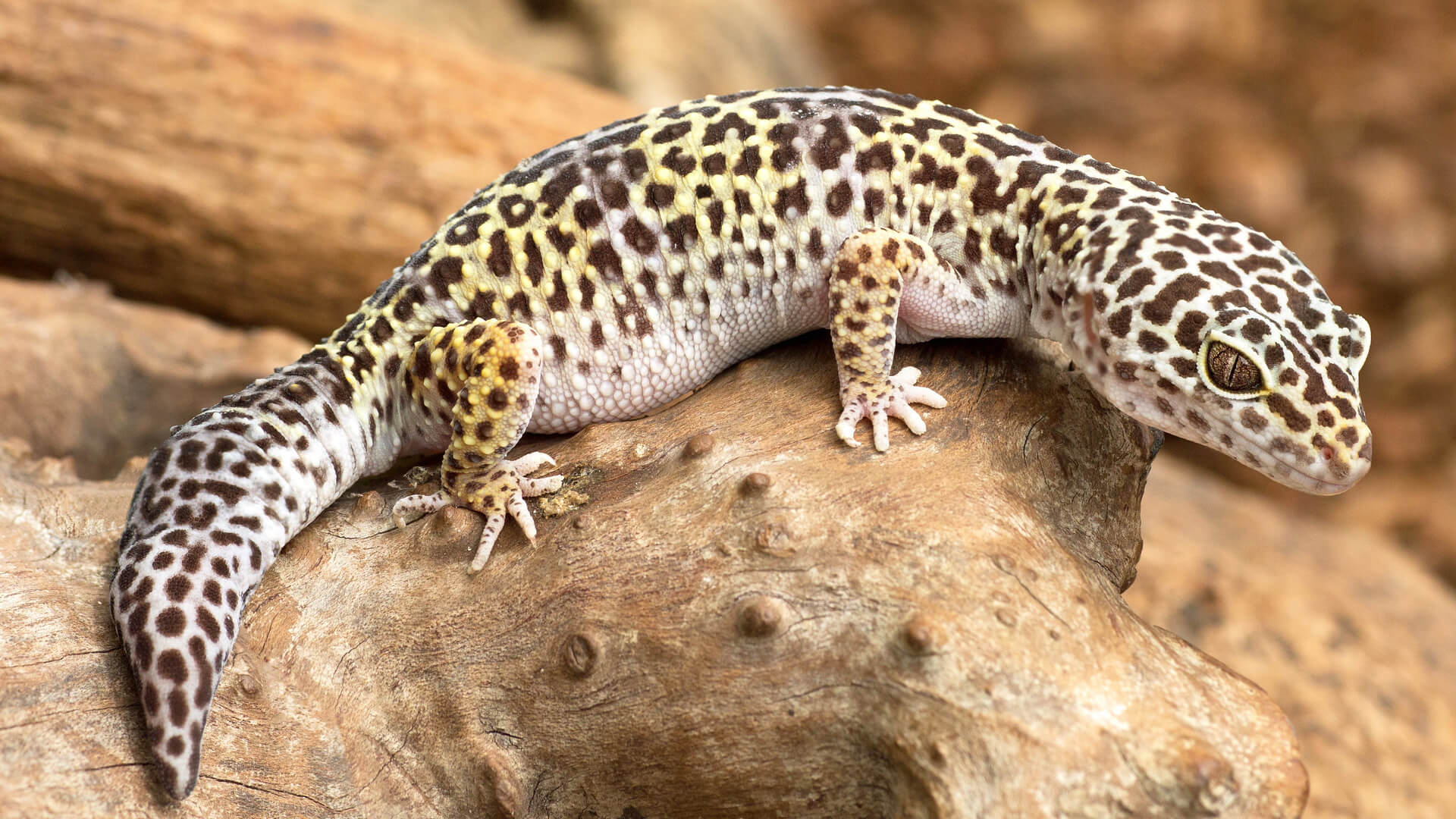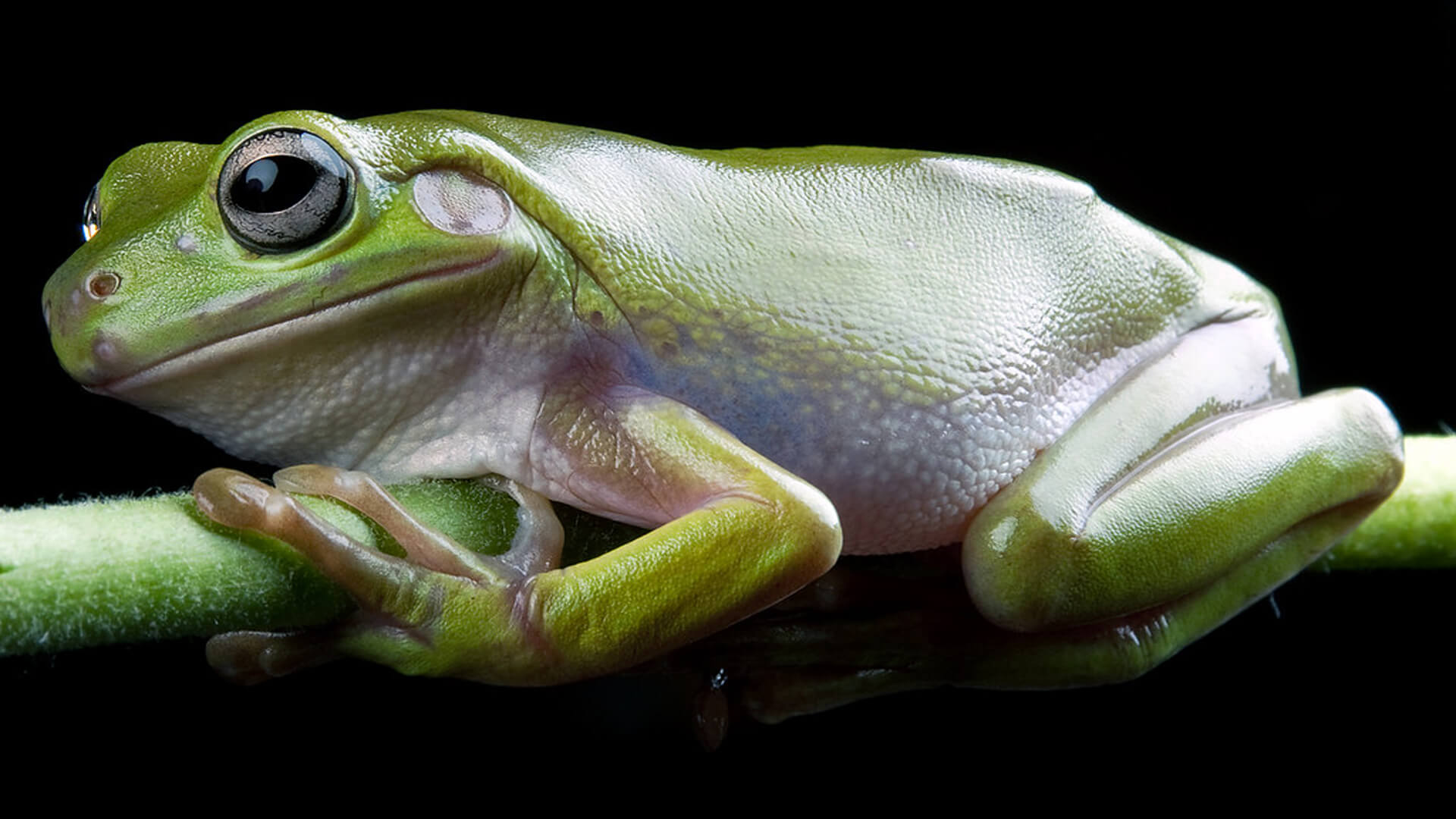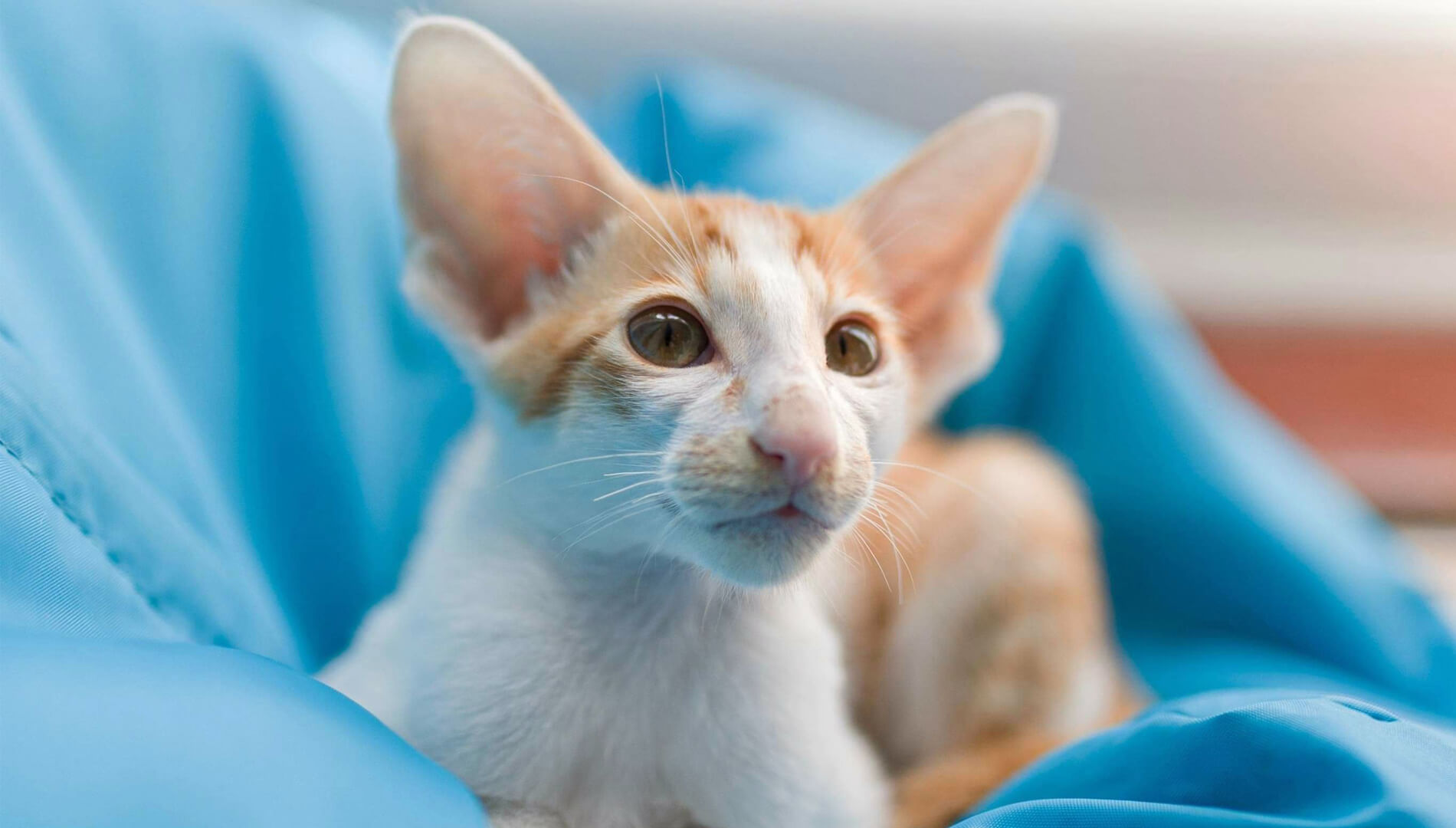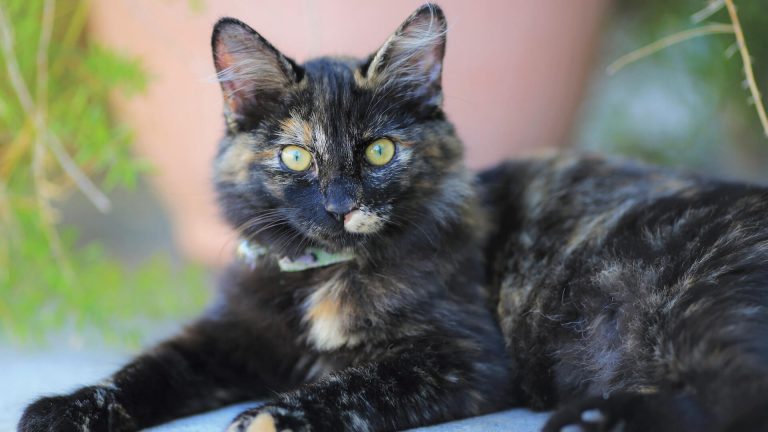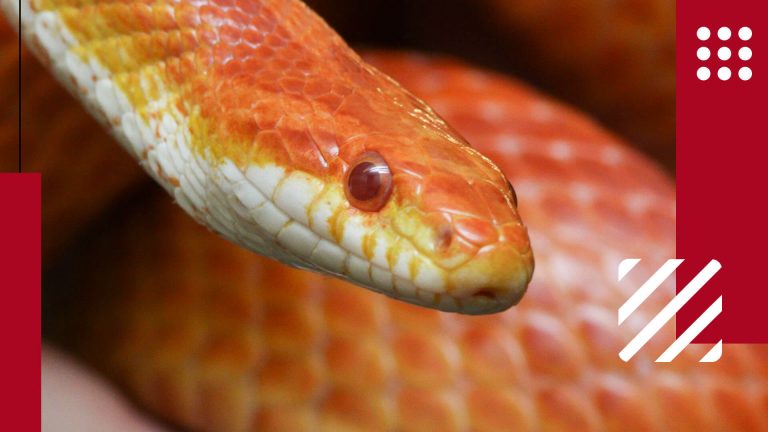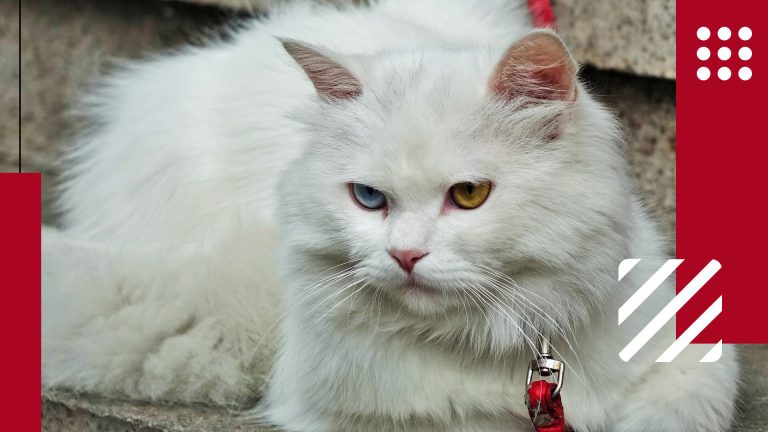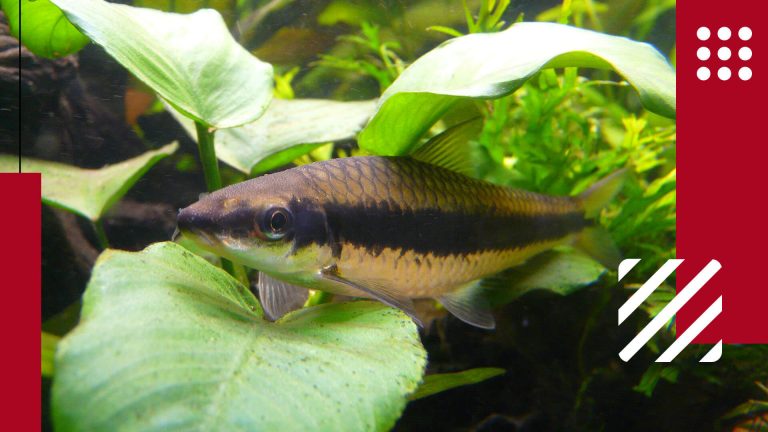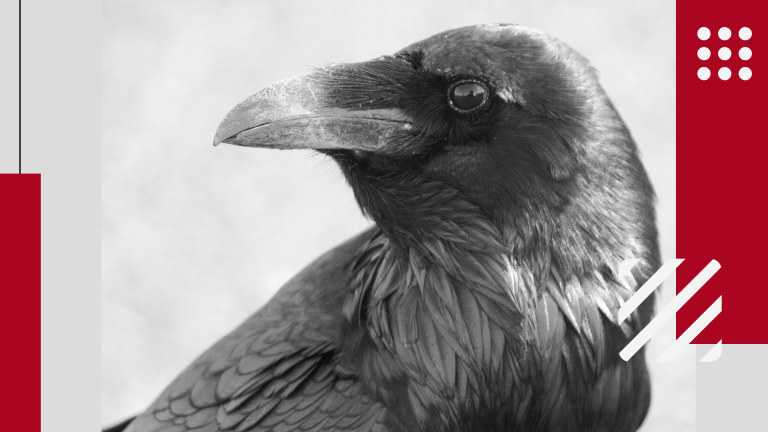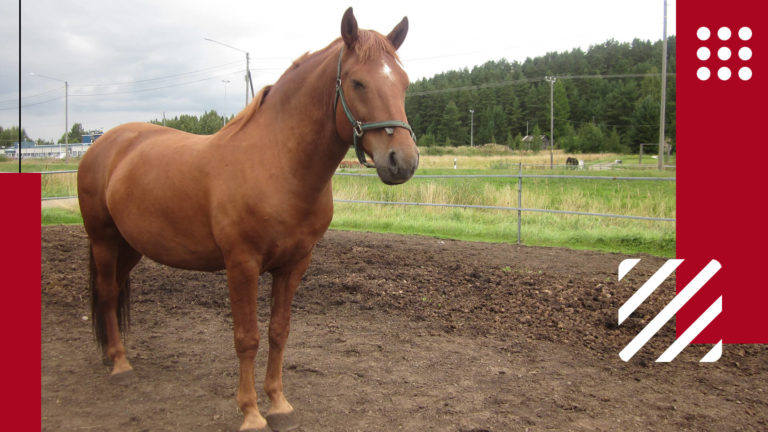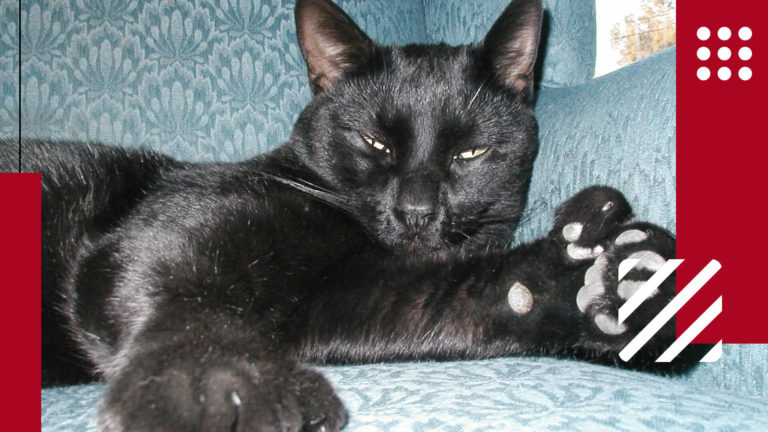The domestic pet rabbit is a non-seasonal animal, meaning that it can live in any environment. They don't need a change in weather to survive and are not affected by seasonal changes.
Pet rabbits are known to have an average lifespan of 8 years. The oldest recorded pet rabbit lived up to 16 years old! There are various factors on which the lifespan of your beloved bunny depends. Bunnies do not even make it to the age of 8 if handled poorly. Did you know a healthy rabbit can die suddenly?
Causes of Unexpected Death of Rabbits
While a rabbit may live up to 12 years, you will never know when your beloved pet might die suddenly. There are many reported cases of bunnies dying unexpectedly. Cases where pet owners do not know what happened to their bunnies as according to them, they were all good and healthy. So, what happened?
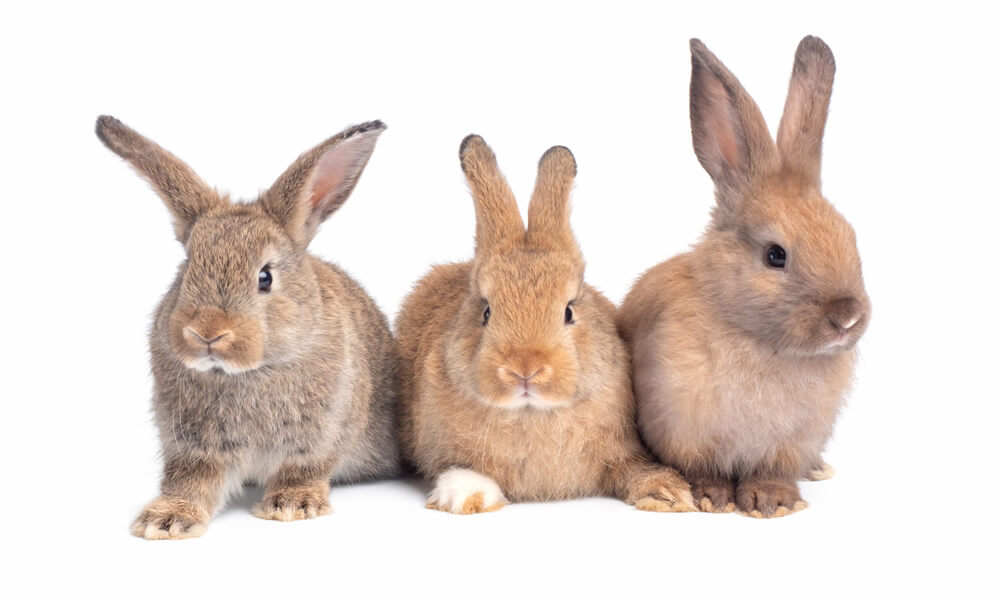
Fun Fact: More than half of the 'world's rabbits can be found in North America alone.
The unexpected death of bunnies is common, but this doesn't mean that it happens to all the bunnies. Either one of these reasons can cause unexpected death.
Incisor Malocclusion in Bunnies
Rabbits are herbivores, which means they lack molars. Their diet consists primarily of grass, vegetables, and hay. Their incisors are important for chewing the food. The lower incisors grow continuously and the teeth point inwards to cut the food into small pieces before it can be swallowed.
The front teeth of a bunny can grow into the mouth and make it hard to chew food because there is not enough room for them to grow into the mouth. This is called incisor malocclusion in bunnies. If this problem isn't fixed early, the rabbit will suffer and eventually die.
Indigestion in Bunnies
20% of rabbits die because of indigestion issues. The number is even more in the case of young rabbits as their digestive system is very delicate. It could be due to contaminated food such as grass with pesticides.
There are many other things that can cause tummy aches or indigestion problems like a change in diet or eating or drinking too much.
As we know, the digestive system is a bunny’s key to survival. It is the place where food and water are broken down into nutrients that their body can use. The natural sugars they eat are broken down into simple sugars so they can be absorbed by the body.
The digestive system of bunnies works in a similar way as ours but it has some differences. For example, it does not produce salivary amylase which is an enzyme that breaks down the starch in food into glucose molecules. That means that the bunny's digestible energy comes from mainly protein and fat instead of carbohydrates
Shock Leading to the Death of Bunnies
Shock can kill rabbits. This shock can be caused by a loud sound, other animals like cats and dogs, fireworks, loud music, etc.
When a rabbit is in shock, the organs need to be stabilized before any other medical interventions can happen. A rabbit in shock will need to have its organs stabilized before any other medical interventions can happen. To stabilize the organs, rabbits need to be rehydrated and given electrolytes. They should also be given a warming blanket and kept in a warm, dark place.
Mishandling of Bunnies by Kids
When handling rabbits, it is important to use caution as they are fragile and can die from mishandling.
The rabbit is a cute furry friend that children love and want to take care of. However, there is a big risk that they will hurt the animal when they try to interact with them. The most common mistake kids make when holding rabbits is squeezing too hard or picking up by their ears. This can lead to the rabbit's death. Or if your kid is holding your pet bunny, then the bunny might try jumping out of the kid's hand and fall on the floor, breaking the bones. Not to mention they have soft bones.
It's important for parents and pet owners to teach kids how to handle rabbits safely so that these animals don't have any accidents or worse - die in someone else's hands!
Heat Sensitive Bunnies
Rabbits are particularly sensitive to heat. They are also very prone to dehydration and can overheat very quickly. This is why it is important to know the signs of overheating in rabbits and take steps to prevent it.
Rabbits have a pretty high body temperature, which makes them especially susceptible to heat which can lead to death.
It is crucial that you never leave your rabbit in a car for long periods of time and that you keep them hydrated at all times by providing them with fresh water, fruit, vegetables, and hay as needed.
How to Better Take Care of Pet Rabbits?
Taking care of a rabbit is relatively easy than taking care of a dog or cat. They are herbivores and eat grass, so make sure that the grass you're feeding to them is clean and no pesticide is there over the grass. Feed them fresh grass with fresh water, keep in mind that their digestive system is very delicate.
Take Care of Surrounding
Rabbits are active animals as they jump around. Make sure your house is safe for them to play and run around. Check for any sharp material which might cause serious injury to them. It is advisable that you check everything like wires, sharp materials, etc. They chew off things, so be ready to get some of your belongings chewed by your pet.
Take Care of Health
Unlike cats and dogs, you don't have to take your bunny regularly to the vet. But it is better to get them tested for various diseases occasionally. Though you won't find an expert rabbit vet that easily, but other experienced vets may tell you many things.
Take Care of Fear
Rabbits are known as low-maintenance pets and which is right by the way. People think rabbits are outdoor pets, and they are happily hopping around the backyard or garden. They need to read the most common causes of the unexpected death of rabbits. Rabbits are scared of other animals, so keep them in your sight while they are outside. A sudden shock out of fear is not good for them.

